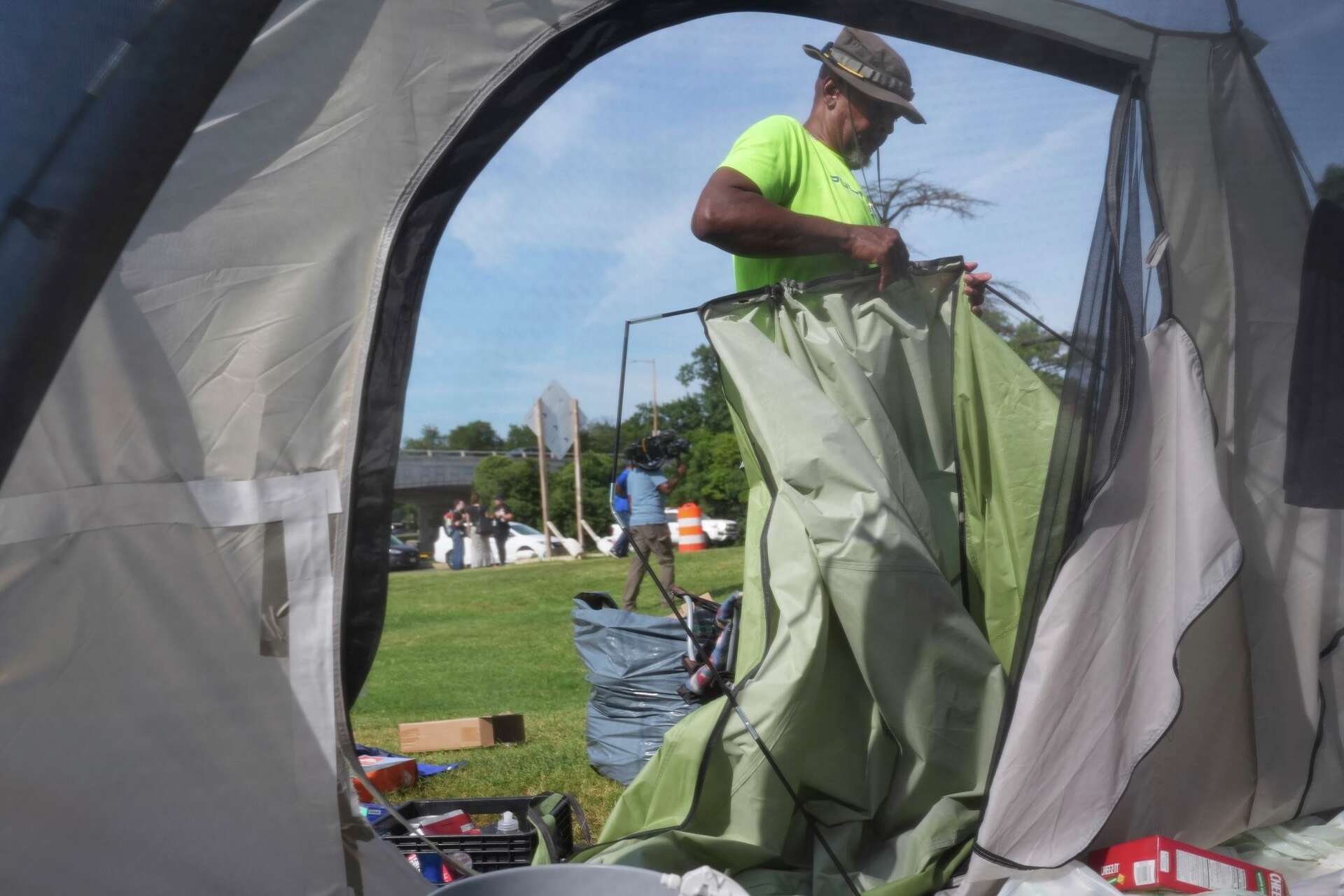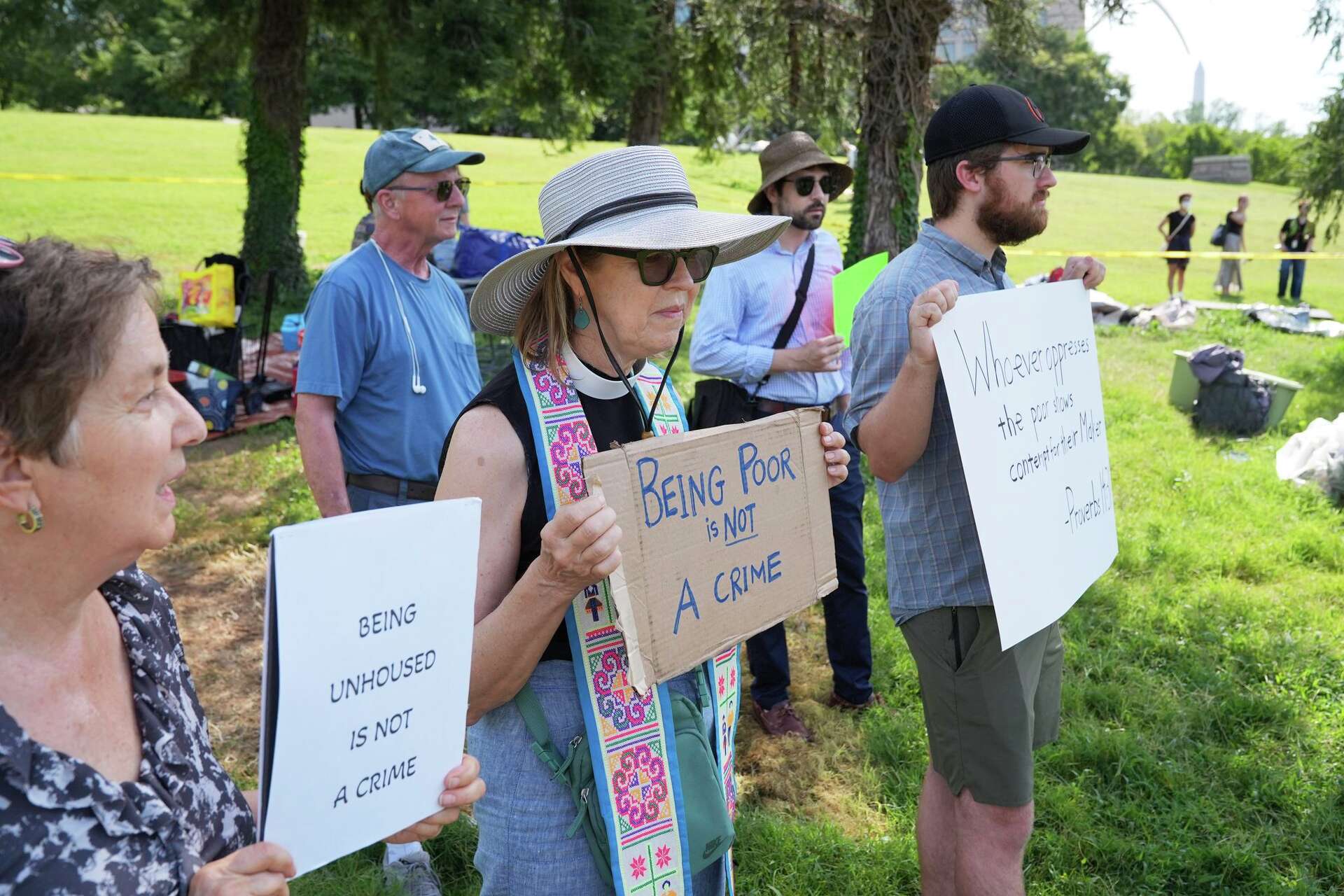Americans Cut Alcohol Consumption as D.C. Begins Sweeping Homeless Camp Clearouts
On August 14, 2023, a series of significant societal shifts unfolded across the United States. Reports indicate a marked decline in alcohol consumption among Americans, while in Washington, D.C., city officials commenced the controversial clearing of homeless encampments. These developments reflect broader trends in public health and urban policy that could reshape the American landscape in the months to come.
Background & Context
The decline in alcohol consumption in the U.S. has been observed over recent years, with recent studies highlighting a shift in societal attitudes toward drinking. Public health experts attribute this trend to a growing awareness of the health risks associated with excessive alcohol use, alongside a cultural pivot toward wellness and moderation. This changing landscape is particularly pronounced among younger generations, who are increasingly favoring non-alcoholic alternatives.
Simultaneously, the clearing of homeless camps in Washington, D.C., has reignited debates around homelessness and urban policy. As cities grapple with rising homelessness rates exacerbated by economic disparities and the pandemic"s lasting impact, the approach to managing encampments has become a contentious issue. Advocates argue that such measures often fail to address the underlying causes of homelessness, while city officials maintain that clearing encampments is necessary for public safety and health.
Key Developments
In Washington, D.C., the city"s Department of Human Services has begun clearing homeless camps, a move that has sparked protests from advocacy groups. City officials argue that the initiative is part of a broader strategy to provide shelter and resources to those in need, claiming that many of the encampments pose health and safety risks. However, critics contend that this approach merely displaces the problem without offering sustainable solutions.
Meanwhile, former President Donald Trump expressed confidence that Russian President Vladimir Putin is seeking to negotiate a deal regarding the division of Ukrainian lands, reflecting ongoing geopolitical tensions. Trump"s assertions come at a time when the international community remains divided over how to address Russia"s aggression in Ukraine. His remarks indicate a belief that diplomatic negotiations could offer a path forward, despite widespread skepticism about Putin"s intentions.
\n\n
Image for Americans Cut Alcohol Consumption as D.C. Begins Sweeping Homeless Camp Clearouts
Broader Impact
The decline in alcohol consumption among Americans is not only a reflection of changing personal habits but also hints at broader societal shifts. Public health advocates suggest that this trend could lead to a decrease in alcohol-related health issues, reducing the burden on healthcare systems. Additionally, businesses are beginning to respond to this shift, with an increase in the availability of non-alcoholic beverages and wellness-focused products.
On the other hand, the clearing of homeless camps has significant implications for urban policy and community relations. As cities implement strategies to manage homelessness, the effectiveness of these measures will likely be scrutinized. Experts warn that without comprehensive support systems, including affordable housing and mental health services, the cycle of homelessness is unlikely to be broken. This situation echoes similar debates in other cities, where the balance between public safety and humanitarian concerns remains fraught.
What"s Next
Looking ahead, the implications of these developments are significant. The trend of reduced alcohol consumption may continue to evolve, potentially influencing public health policies and marketing strategies within the beverage industry. As previously reported, this shift aligns with a broader movement toward health consciousness among younger consumers, which could reshape market dynamics in the coming years.
In Washington, D.C., the city’s approach to homelessness will be closely monitored. Stakeholders, including advocacy groups and local residents, are likely to engage in ongoing discussions regarding the most effective strategies to address homelessness. This situation could prompt further policy adjustments, as officials seek to balance immediate public health concerns with the long-term goal of supporting vulnerable populations.
As these issues unfold, Americans will be watching closely, not only for their immediate effects but also for their potential to influence larger social and political landscapes.

Image for Americans Cut Alcohol Consumption as D.C. Begins Sweeping Homeless Camp Clearouts



![[Video] Gunfire between Iraqi security forces and Sadr militias in Baghdad](/_next/image?url=%2Fapi%2Fimage%2Fthumbnails%2Fthumbnail-1768343508874-4redb-thumbnail.jpg&w=3840&q=75)
